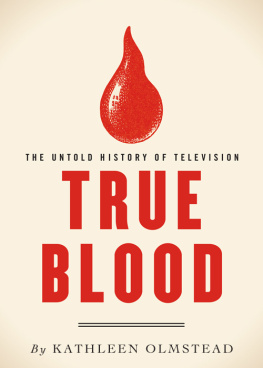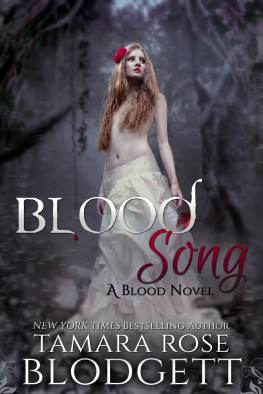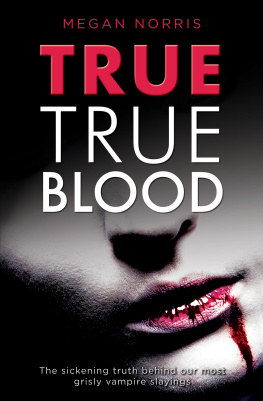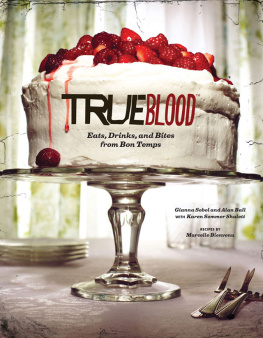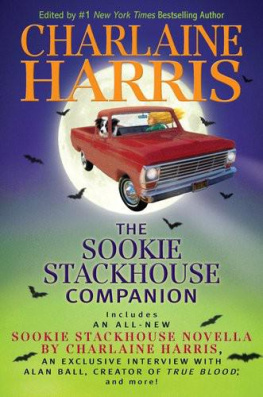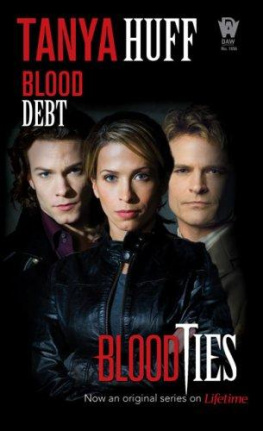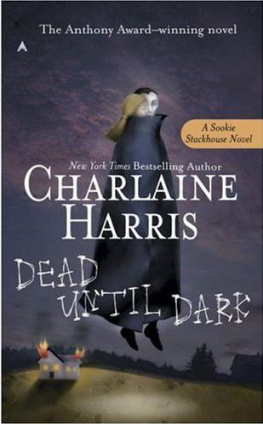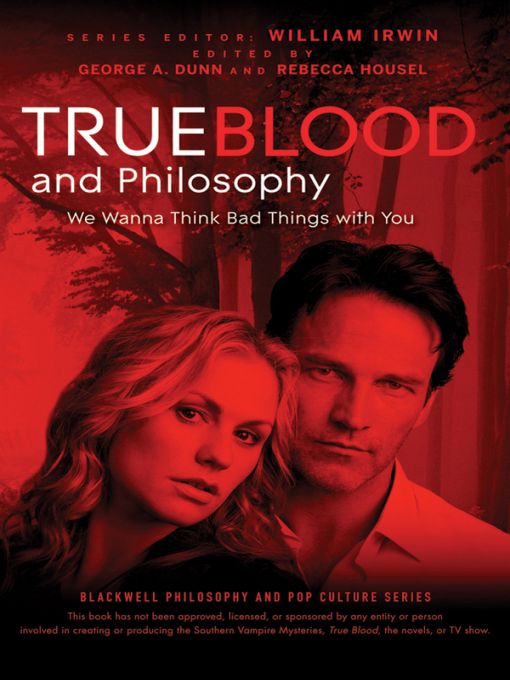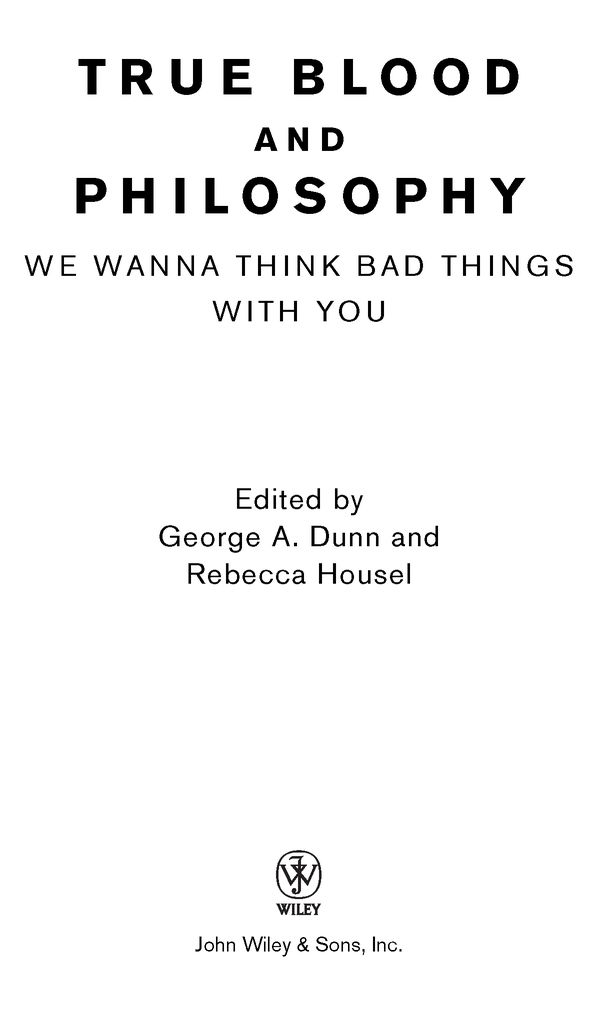Table of Contents
The Blackwell Philosophy and Pop Culture Series
Series Editor: William Irwin
South Park and Philosophy
Edited by Robert Arp
Metallica and Philosophy
Edited by William Irwin
Family Guy and Philosophy
Edited by J. Jeremy Wisnewski
The Daily Show and Philosophy
Edited by Jason Holt
Lost and Philosophy
Edited by Sharon Kaye
24 and Philosophy
Edited by Richard Davis, Jennifer Hart Weed, and Ronald Weed
Battlestar Galactica and Philosophy
Edited by Jason T. Eberl
The Office and Philosophy
Edited by J. Jeremy Wisnewski
Batman and Philosophy
Edited by Mark D. White and Robert Arp
House and Philosophy
Edited by Henry Jacoby
Watchmen and Philosophy
Edited by Mark D. White
X-Men and Philosophy
Edited by Rebecca Housel and J. Jeremy Wisnewski
Terminator and Philosophy
Edited by Richard Brown and Kevin Decker
Heroes and Philosophy
Edited by David Kyle Johnson
Twilight and Philosophy
Edited by Rebecca Housel and J. Jeremy Wisnewski
Final Fantasy and Philosophy
Edited by Jason P. Blahuta and Michel S. Beaulieu
Iron Man and Philosophy
Edited by Mark D. White
Alice in Wonderland and Philosophy
Edited by Richard B. Davis
Mad Men and Philosophy
Edited by James South and Rod Carveth
30 Rock and Philosophy
Edited by J. Jeremy Wisnewski
The Ultimate Harry Potter and Philosophy
Edited by Gregory Bassham
The Ultimate Lost and Philosophy
Edited by Sharon Kaye
Green Lantern and Philosophy
Edited by Jane Dryden and Mark D. White
The Girl with the Dragon Tattoo and Philosophy
Edited by Eric Bronson
ACKNOWLEDGMENTS
For the Supes We Just Cant Live Without
Rebecca Housel and George Dunn wish to thank the contributors of this book, as well as Bill Irwin, Connie Santisteban, Ellen Wright, and the entire Wiley team. Our hats also go off to Charlaine Harris, Alan Ball, and the many talented actors who brought True Blood to life.
George wishes to extend a giant thank-you to Bill Irwin, general editor of the series, for his tremendous support and encouragement. Special thanks also to Kevin Corn, who read an early draft of the introduction and whose comments were enormously helpful in making it better; Pamela Milam, who read and commented on some early drafts of chapters in this book; and his coeditor, Rebecca Housel, who taught him much about the process of editing. Most of all, he would like to thank Ariadne Blayde, for everything.
Rebecca wishes to dedicate her editorial work to the memory of her grandmothers, Eva (Masterman) Schwartz (Barson) and Mary Conley Thomas, women who meant as much to Rebecca as Sookies Gran meant to her. She also wishes to thank Marguerite Schwartz, Bell Housel, Ethan Schwartz, Naomi Zack, Angela Belli, Monica Weis (SSJ), Michael Schwartz, and Bill Irwin for their many efforts on behalf of the book. Rebecca conveys gratitude to her beloved student-family for their love and support; she also wishes to recognize Gary Housel and Robert Housel for the same (and for putting up with incessant repeat viewings of True Blood episodes every week for the better part of a year). Rebeccas final appreciation goes out to Peter McLaren Black, MD, PhD; David Korones, MD; and Brett Shulman, MD, without whom she would simply not exist.
INTRODUCTION
If a Tree Falls in the Woods, Its Still a TreeAint It?
When Amy Burley gives Jason Stackhouse a quick tutorial on the circle of life (you know, squirrels eating nuts, snakes eating squirrels, and so on), using the decor of Merlottes as a visual aid, he exclaims, Jesus Christ, I want to lick your mind! Our boy Jason may be better known in Bon Temps for his good looks and sex abilities, but its phrases like lick your mind that draw fans to True Bloods most earnest, if sometimes tragically misguided, seeker of lifes meaning and purpose (or at least his lifes meaning and purpose). In fact, lick your mind perfectly captures the blend of smarts and sensuality in the brilliant, sexually charged HBO series that inspired us to produce the book you hold in your hands, True Blood and Philosophy.
It all started with Charlaine Harriss Dead until Dark, published in 2001, which launched her series of critically acclaimed, best-selling supernatural mystery novels and introduced the world to a most unlikely sleuth, an attractive Louisiana barmaid and mind reader named Sookie Stackhouse. Harriss work caught the attention of Alan Ball, the award-winning screen-writer and director, who built his reputation on dark and daring works like American Beauty and Six Feet Under. With a healthy dose of edgy humor and deep compassion for his characters frailties and foibles, Ball made a career of boldly delving into taboo subjects like death and transgressive sexuality, creating works that were brazen both in their unabashed carnality and in raising tough questions about the human condition. True Blood, Balls adaptation of Harriss Southern Vampire Mystery novels, takes the same mind-licking approach as those earlier works. In the world of True Blood, as in the pages of Harriss novels, we encounter a wonderful array of richly drawn characters struggling to make sense of their bewildering world and their own sometimes equally bewildering desires and hungers. For those of us who hunger for insight and understanding, their stories offer a lavish banquet of philosophical morsels into which we can sink our proverbial fangs and from which we can draw both sustenance and delight.
As it turns out, philosophy has a lot in common with True Blood. Like the vampires, shapeshifters, and other supernatural beings that pass through Bon Temps, philosophers are often regarded as deviant characters due to their habit of overturning expectations and tempting us to think outside conventional boundaries. Like True Bloods mind-reading detective Sookie Stackhouse, philosophers are unafraid to venture into dark corners of the human mind, where they sometimes unearth uncomfortable truths that others prefer to leave buried. And like the indomitable Jason Stackhouse, many philosophers engage in a quest for the meaning of life that often seems quixotic, an interminable pursuit thats been known to lead us down more than a few blind alleysas Jason himself can testify. But like True Blood and Harriss novels, the philosophical quest can also be one of lifes most delectable pleasures. Dont take our word for it, though. You hold the evidence in your hands.
When you surrender to the lure of True Blood and Philosophy, it wont cost you a drop of blood, but your perception of reality may be expanded and enriched so dramatically that youll wonder whether you somehow ingested V-Juice. Okay, maybe thats too much to expect. But we


